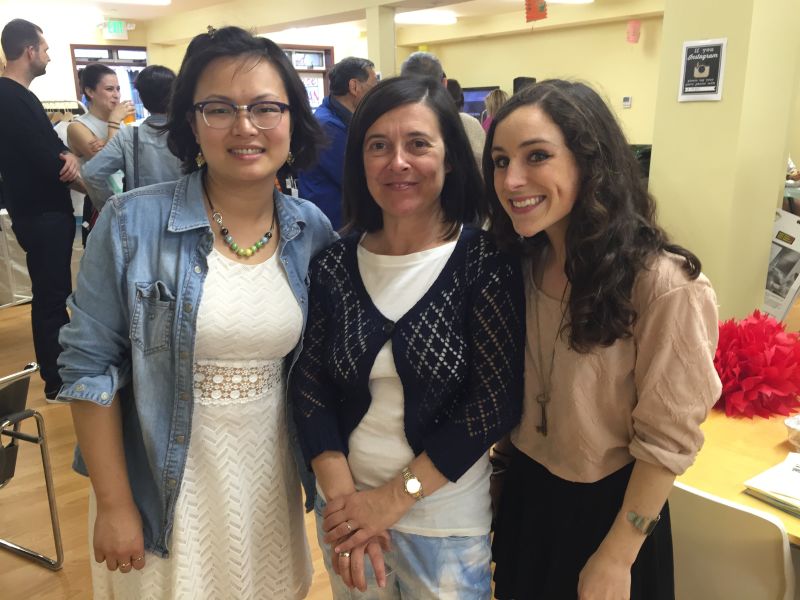Chan, 25, and her partners thought Chinatown would welcome their idea of turning an old abandoned restaurant into a place where people could rent out workspace. They wanted to create a safe and supportive community, particularly for women. But what they didn't anticipate was that, to some Chinatown activists, the business looked like gentrification.
"I don't think it was their intention to break the rules of the plan intentionally, but that's the situation they find themselves in," says Cindy Wu, deputy director of operations at the Chinatown Community Development Center.
The plan she's talking about is a set of zoning restrictions that limit office space, and she has good reasons for guarding it.
"Without the Chinatown Area Plan, there would not be the Chinatown that we know today," says Wu.
Chinatown was born out of discrimination -- it was for a long time one of the few places in San Francisco that Chinese immigrants could live. After the 1906 earthquake, some city officials wanted to move the residents and take over the valuable land, but strong resistance from the Chinese population caused them to abandon that effort.
It continues to be prime real estate today, but the zoning plan, developed in the 1980s, prevents commercial office developers from taking over the neighborhood. To Wu, Chan's business looked a lot like an office when it opened last spring, and she sounded the alarm.
"San Francisco's Chinatown is held up as a model of protection and keeping a living and breathing Chinatown, and the nation looks to us as a model," Wu says. "And without these protections, we would not be able to endure all the different booms and busts."
You see how the plan works as you walk through Portsmouth Square. Elderly residents sit in circles playing card games. Parents watch toddlers chase pigeons. The office towers of the Financial District loom large over the square, but they don't encroach.
Chan thinks her business is more like Portsmouth Square than one of those big offices. It offers free community space with art gallery shows, yoga classes and music recitals.
"We've had a lot of people who've come to our events who say, 'Wow! This is the first time that we've ever held events in Chinatown,' and so I really feel like we're opening the door of Chinatown to everyone," says Chan.
Chan speaks fluent Cantonese but she's still learning about her own heritage. A couple of weeks ago, she went to Chinatown's The Wok Shop to buy her first wok. When she took it home, she quickly realized she didn't really know what she was doing.
"The first few times I burned it because I didn't know how to cook with the wok," Chan explains. "But I'm much better at it now! You have to be really fast."
Chan is also getting seasoned in Chinatown's laws and politics. She's waiting to find out whether the city will reclassify her business as a neighborhood service and retail space. Whatever happens, she says, there's got to be a place for thoughtful new ventures that enhance Chinatown without tearing it down.
